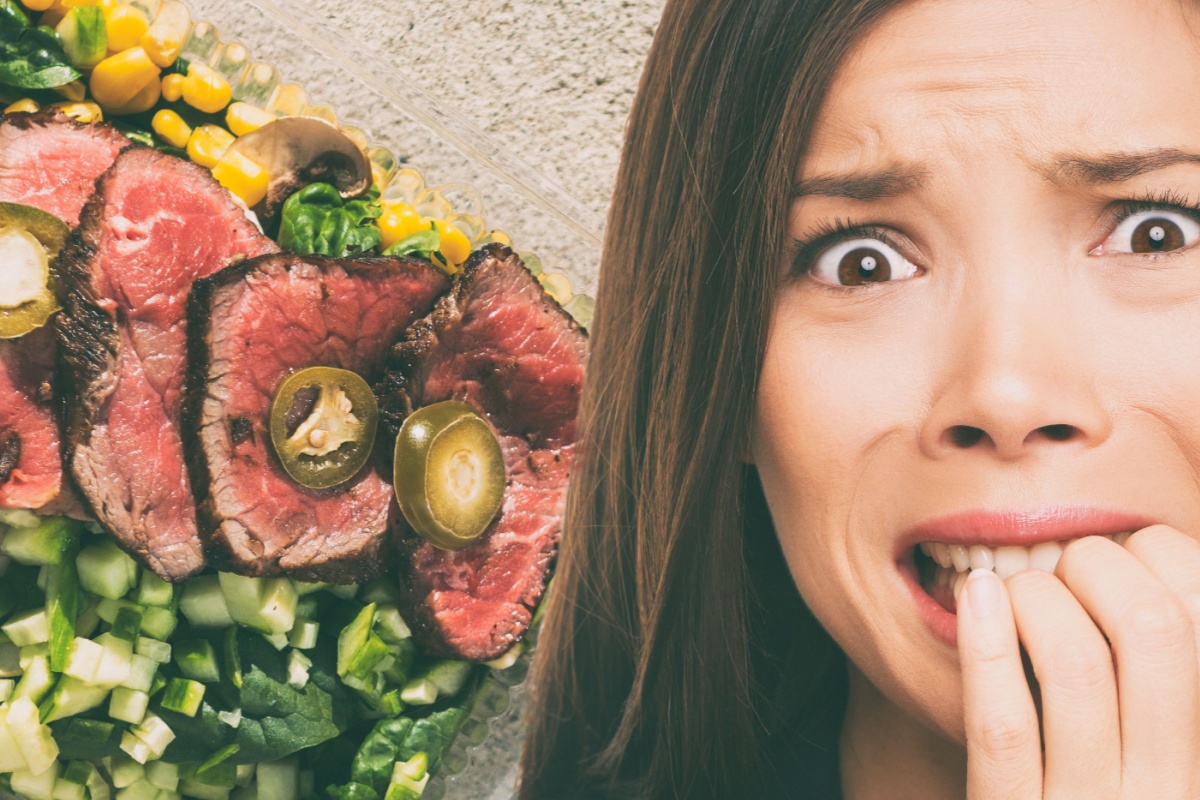10 Popular Diet Trends That Could Be Doing More Harming Than Good
In recent years, many diet trends have become popular, promising quick results and improved health. However, not all these diets are as healthy as they claim to be. While some may help you lose weight or feel better in the short term, they can cause long-term harm to your body.
It’s essential to be aware of the risks associated with these diet fads so you can make informed choices. Let’s explore popular diet trends that could be doing more harm than good.
The Keto Diet
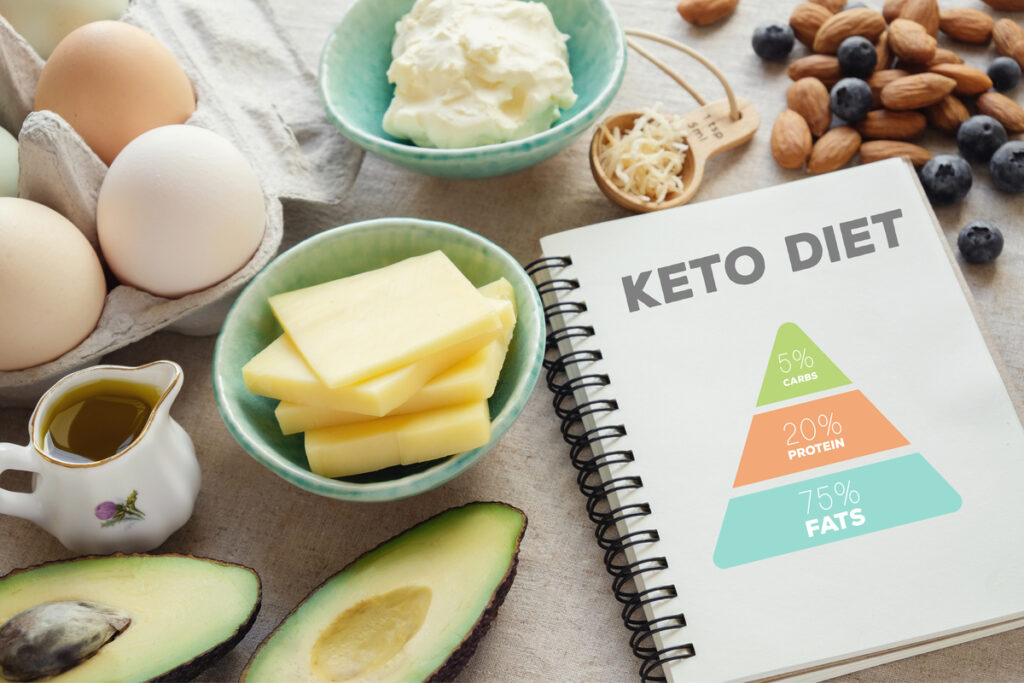
The Keto diet, which focuses on high-fat and low-carb intake, has gained immense popularity for quick weight loss. However, the lack of carbohydrates can cause fatigue, headaches, and constipation.
Long-term use of this diet may also lead to nutrient deficiencies because of the limited variety of foods allowed. Plus, a diet high in fats can put stress on the liver and kidneys, especially if not done carefully. Keto might work for some, but it’s not a sustainable or balanced solution for everyone.
The Juice Cleanse

Juice cleanses are often marketed as a way to detox your body and lose weight quickly. However, relying solely on juices for nutrition can deprive your body of essential proteins and healthy fats. This can leave you feeling weak, irritable, and low on energy.
Juice cleanses can also spike your blood sugar levels, leading to potential health problems like diabetes over time. Moreover, the weight you lose on a juice cleanse is usually just water weight, which comes back once you resume regular eating.
The Carnivore Diet
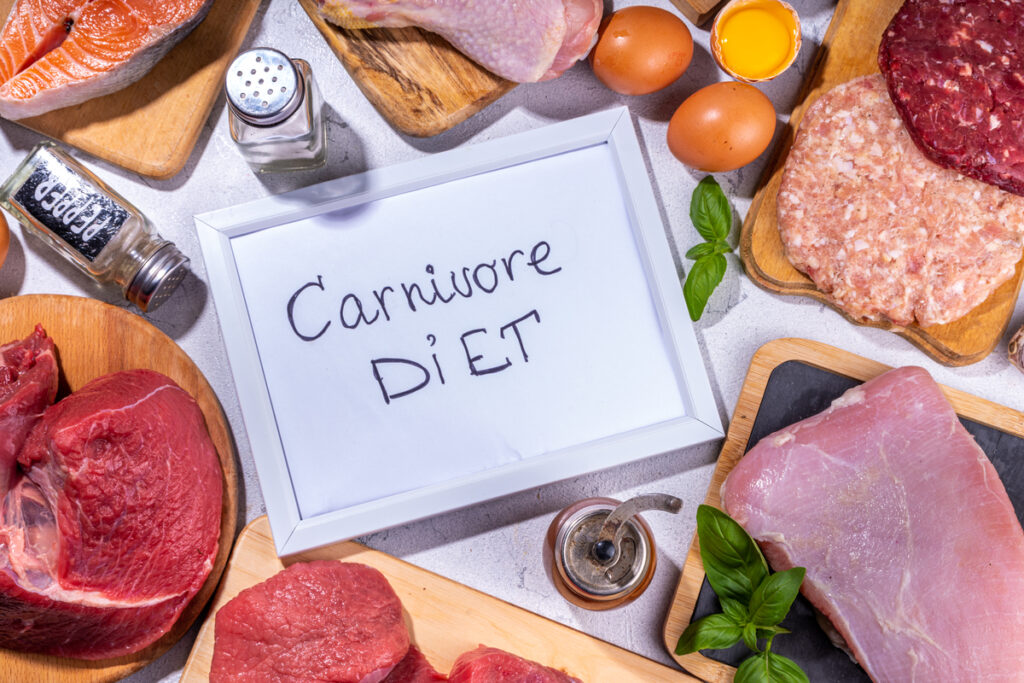
The carnivore diet, which involves eating only animal products, has become a trend among those looking to build muscle or lose weight. However, cutting out all plant-based foods can lead to a lack of essential nutrients like fiber, vitamins, and antioxidants.
This can cause digestive issues like constipation and may increase the risk of heart disease due to the high intake of saturated fats. A diet so limited in variety can also affect your gut health and immune system. Overall, the carnivore diet is too extreme to be healthy for most people.
The Gluten-Free Diet (For Non-Celiacs)
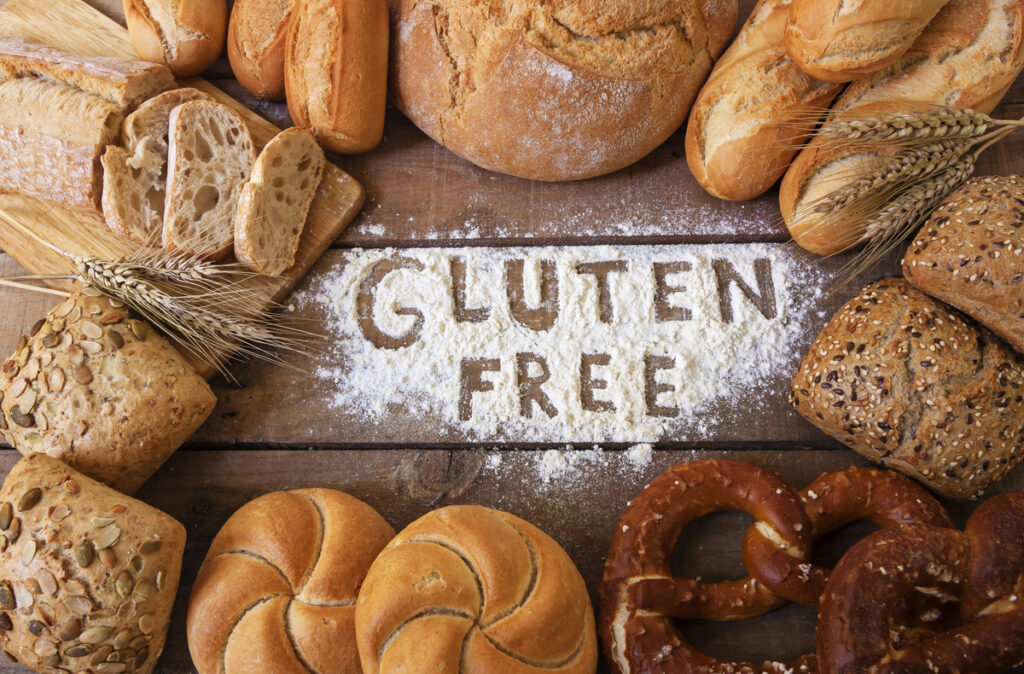
Gluten-free diets are necessary for people with celiac disease or gluten sensitivity, but many others have adopted them without a medical reason. Cutting out gluten unnecessarily can lead to deficiencies in important nutrients like fiber, iron, and calcium, as many gluten-free products are less nutritious.
Additionally, some gluten-free processed foods are higher in sugars and fats, which can lead to weight gain. Following a gluten-free diet without guidance can also lead to an unhealthy relationship with food, making it harder to maintain a balanced diet.
The Alkaline Diet
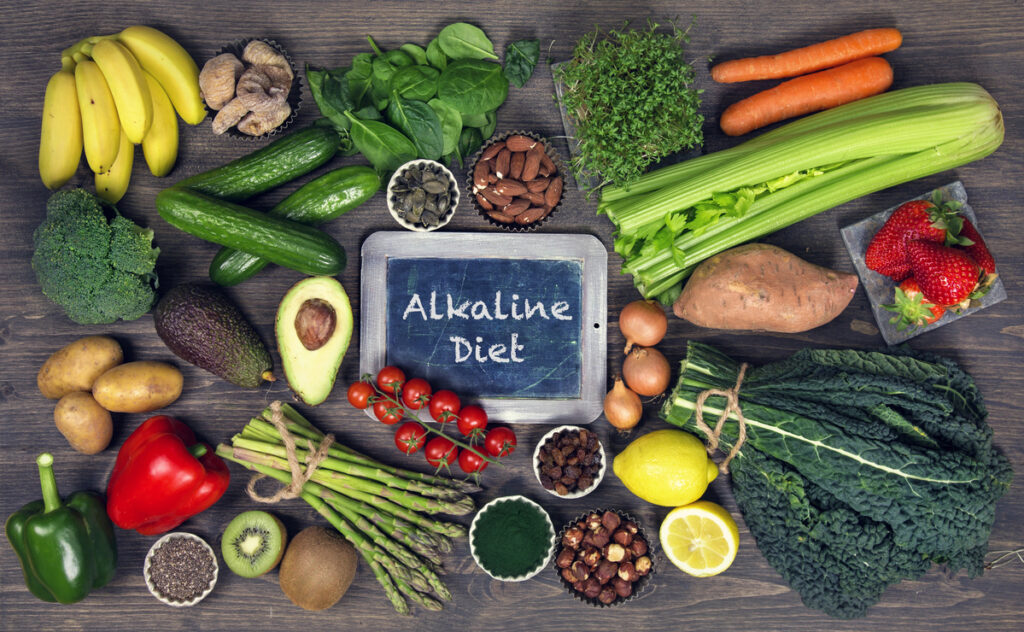
The alkaline diet claims that eating alkaline foods, like fruits and vegetables, can balance the body’s pH and prevent diseases like cancer. However, no scientific evidence supports the idea that diet can change your body’s pH, which is tightly regulated by your kidneys.
Cutting out acidic foods, like meat and grains, can lead to nutrient imbalances and deficiencies. Moreover, this diet can cause people to rely on supplements or unnecessarily avoid entire food groups. While eating more fruits and veggies is beneficial, the overall concept of the alkaline diet is flawed.
The Paleo Diet
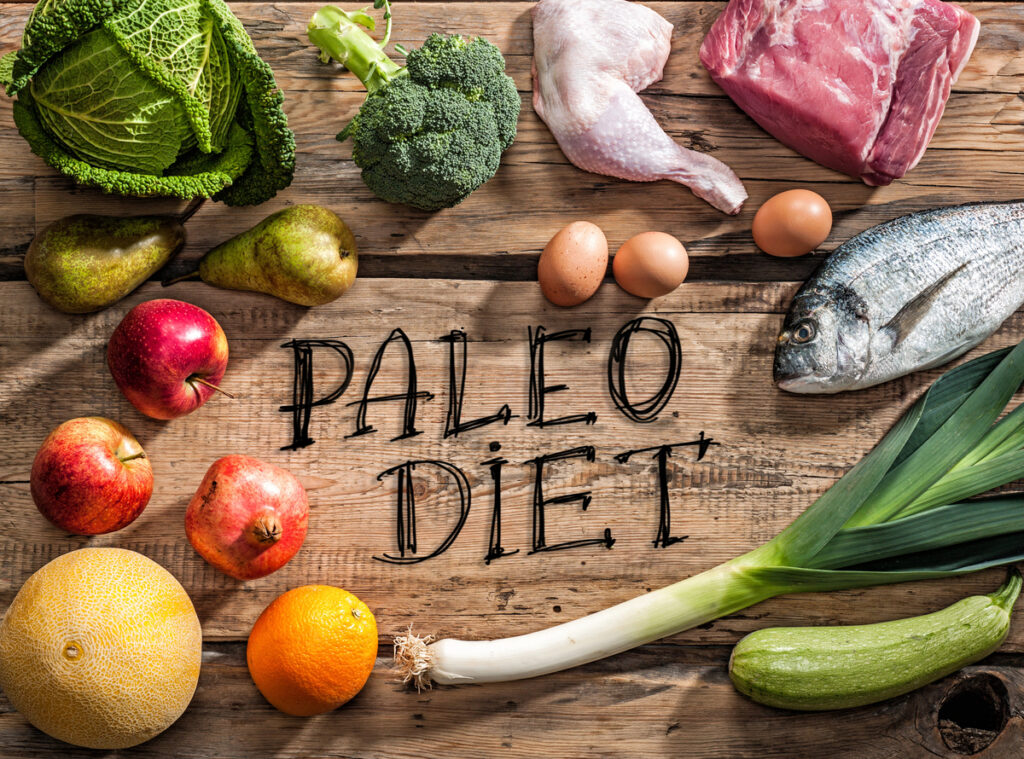
The Paleo diet, based on foods that humans supposedly ate during the Stone Age, promotes eating whole foods while avoiding processed ones. However, it cuts out entire food groups like dairy, grains, and legumes, which provide essential nutrients like calcium and fiber.
Long-term adherence to this diet can lead to deficiencies, especially for those who need these nutrients for bone health and digestion. Additionally, the high intake of animal fats in this diet can increase the risk of heart disease. While the Paleo diet emphasizes healthy eating, its strict restrictions can be harmful over time.
The Low-Fat Diet
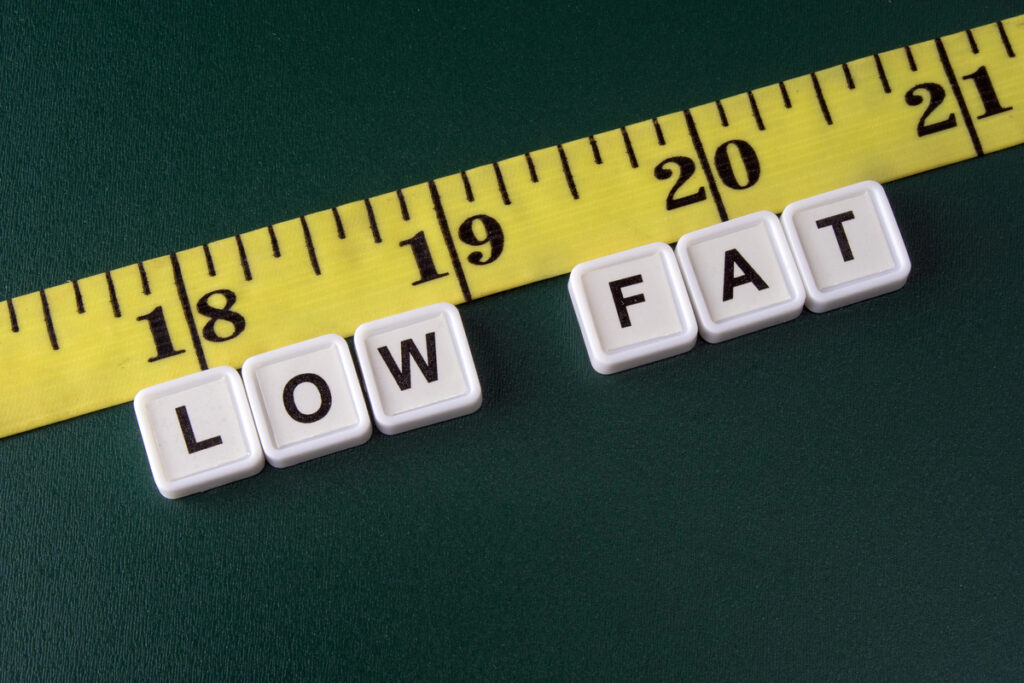
For years, low-fat diets have been promoted as a way to lose weight and stay healthy. However, completely eliminating fat can deprive your body of essential fatty acids, which are important for brain function, hormone regulation, and cell health.
Many low-fat products are also loaded with sugars to make up for the loss of flavor, which can lead to weight gain and increased risk of diabetes. Healthy fats, like those found in avocados and nuts, are important for overall health and should not be avoided.
Intermittent Fasting

Intermittent fasting has gained popularity for its potential to aid weight loss and improve metabolism. However, it can lead to binge eating during eating windows, causing digestive issues and poor nutrient absorption. Skipping meals for extended periods can also cause low blood sugar, irritability, and difficulty concentrating.
Fasting can be especially harmful to people with eating disorders or those with a history of disordered eating. Though it might work for some, intermittent fasting is not a one-size-fits-all solution.
The Whole30 Diet
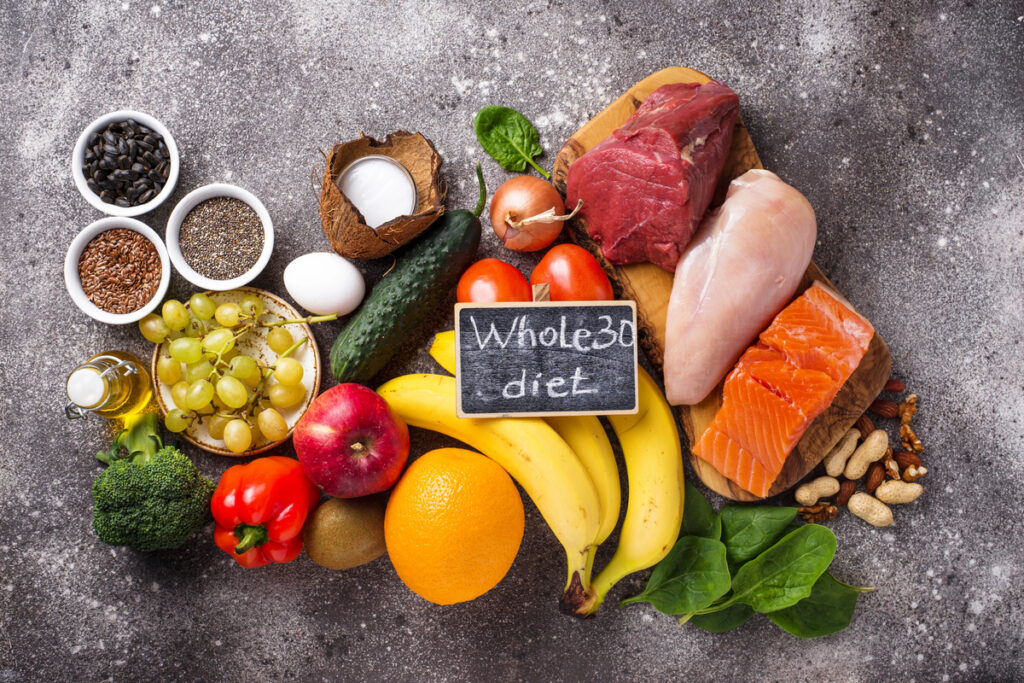
Whole30 encourages eliminating sugar, alcohol, grains, legumes, and dairy for 30 days to “reset” your body. While it promotes eating whole, unprocessed foods, it is incredibly restrictive and can lead to unhealthy relationships with food. Cutting out so many food groups can make it hard to get a balanced diet and lead to nutrient deficiencies.
Many people struggle with intense cravings and often regain the weight they lost after the 30 days are over. Though it may seem like a healthy reset, the long-term sustainability of Whole30 is questionable.
The Detox Tea Trend
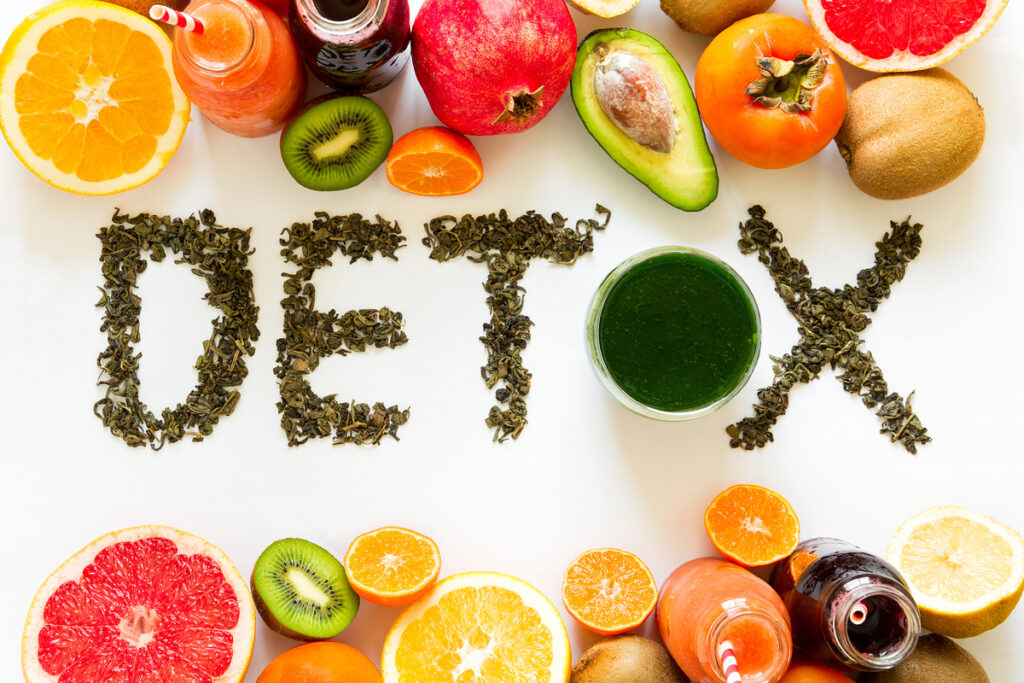
Detox teas have become popular for their promise to cleanse the body and aid in weight loss. However, these teas often contain laxatives, which can cause dehydration, electrolyte imbalances, and digestive issues if overused. Detox teas can also disrupt normal bowel functions, leading to dependence on the product.
Additionally, there is no scientific evidence that detox teas remove toxins from the body. Instead of relying on teas, maintaining a balanced diet and staying hydrated is a healthier approach to detoxification.
More Great Reads: 15 Secret Ingredients That Make Any Dish Healthier

Eating healthy doesn’t have to be boring or complicated. Sometimes, it’s all about adding a few simple ingredients to your favorite dishes to boost their nutritional value. These secret ingredients can enhance the flavor, add essential nutrients, and make your meals more satisfying.
15 Secret Ingredients That Make Any Dish Healthier
15 Foods Only The Wealthy and Elite Can Eat Now

Culinary trends are constantly evolving, and some foods have become more than just sustenance—they’ve become status symbols reserved for the elite.

